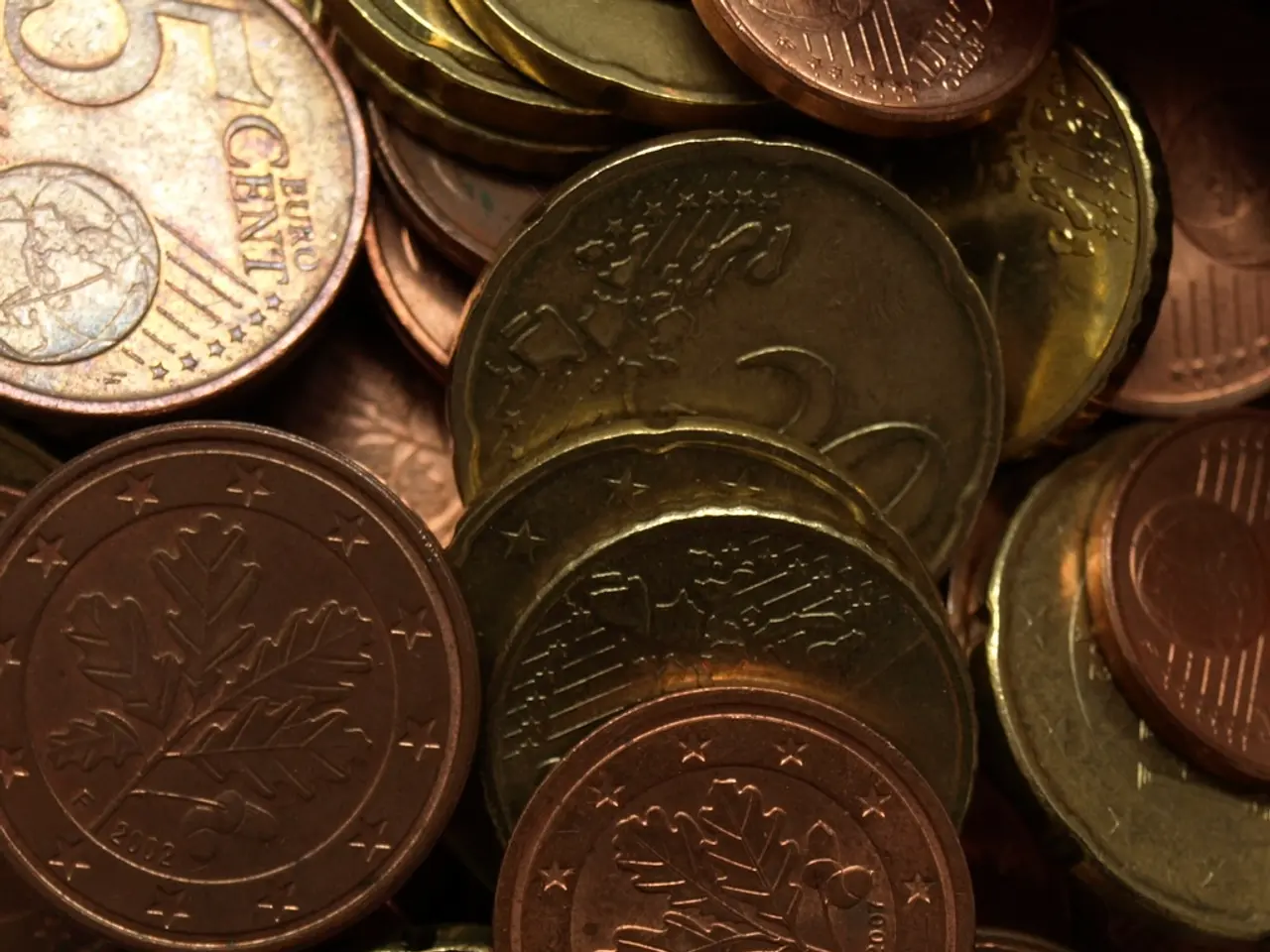Trading fees for Indian users on Bybit platform to be elevated by 18% GST, effective July 7.
In a recent development, the Indian government has announced an additional 18% Goods and Services Tax (GST) on crypto trading fees, bringing the total tax burden on crypto profits to 48%. This includes a 30% income tax, a 4% health and education cess, a 1% Tax Deducted at Source (TDS) on each transaction, and the new GST on service fees charged by crypto exchanges.
Amidst these changes, Pradeep Bhandari, the national spokesperson of the Bharatiya Janata Party (BJP), has proposed a forward-looking step: the establishment of a strategic Bitcoin reserve. This suggestion comes in response to global financial dynamics increasingly shifting towards digital assets. Bhandari cites recent developments, such as the United States exploring a strategic Bitcoin reserve and Bhutan's state-backed crypto mining efforts, as indicators of a global shift towards digital assets.
However, the high tax burden has drawn criticism from industry stakeholders who believe that it could hamper innovation in the crypto sector. They argue that the GST on transaction fees further inflates trading costs and may dampen market participation. The increased costs could potentially limit the growth of the Indian crypto ecosystem, currently valued at $2.5 billion, and hinder its potential expansion to $15 billion by 2035 with a more favorable tax and policy environment.
Industry groups are urging Indian policymakers to adopt a more supportive regulatory stance, citing recent crypto-friendly policy shifts under the Trump administration in the U.S. as an example. Crypto exchanges, such as Bybit and Coinbase, are also willing to participate in the Indian crypto market in response to strong demand from investors.
It is important to note that the proposal for a strategic Bitcoin reserve is not yet a formal policy or government initiative. The potential for a strategic Bitcoin reserve in India is being discussed in response to global trends in digital assets, but no specific timeline or details regarding the potential pilot program have been provided.
In conclusion, India's tax framework for cryptocurrency trading is stringent and layered, with high direct taxes on gains plus indirect taxes on trading fees. Exchanges have generally complied with GST rules, but the additional GST has increased the cost burden for traders, prompting calls for more clarity and balanced regulation. As the crypto market continues to evolve, it will be interesting to see how these developments unfold in India.
**Summary Table of Crypto Tax Burdens in India (as of July 2025):**
| Tax Type | Rate/Amount | Applies To | |--------------------|--------------------------|-------------------------------------------------| | Income Tax | 30% + 4% cess (31.2%) | Capital gains or income from crypto trading/selling | | Tax Deducted at Source (TDS) | 1% | Gross sale value on every crypto transaction | | Goods & Services Tax (GST) | 18% | Service fees charged by exchanges/platforms (trading, withdrawals, staking, etc.) |
- With the recent increase in Goods and Services Tax (GST) on crypto trading fees, there are concerns that the high tax burden could deter innovation in India's crypto business, especially in the technology sector, as it may inflate trading costs and limit the growth of the $2.5 billion industry.
- Amidst the stringent tax framework for cryptocurrency in India, some industry groups suggest a forward-thinking approach like the establishment of a strategic Bitcoin reserve, following the global trend of digital assets, which could potentially attract crypto exchanges such as Bybit and Coinbase to participate in the Indian market.




